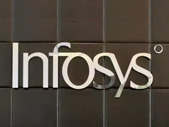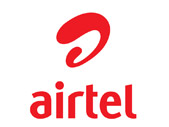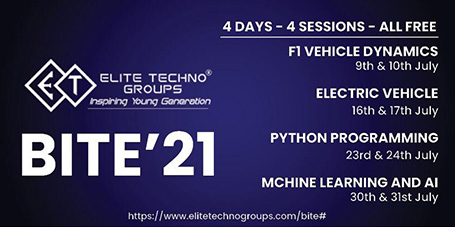 For India’s second largest IT services company, Infosys, whistleblowers just don't seem to be give up. In its latest incident, a whistleblower group, called Ethical Employees, has allegedly complained to the US Securities and Exchange Commission and the Infosys Board that the CEO was indulging in “unethical practices” to boost short-term revenues and profits.
For India’s second largest IT services company, Infosys, whistleblowers just don't seem to be give up. In its latest incident, a whistleblower group, called Ethical Employees, has allegedly complained to the US Securities and Exchange Commission and the Infosys Board that the CEO was indulging in “unethical practices” to boost short-term revenues and profits.
In 2017 and 2018, a previous whistleblower had raised questions over corporate governance issues about Infosys.
The Indian regulator, SEBI had even set up a probe committee to find out whether the allegations were true or not. The whistleblower had questioned the ₹17.4 crore severance package of former CFO Rajiv Bansal and the financial irregularities in Infosys’ $200 million acquisition of Israeli software firm, Panaya.
Following the allegations and several developments later, the then Infosys CEO Vishal Sikka was forced to step down. He was replaced by the current CEO Salil Parekh with the co-founder of the company, Nandan Nilekani taking over as the non-executive chairman.
New allegations
This time, a whistleblower group has come out with a fresh set of allegations. It said it has recordings and mails to show that Infosys was indulging in such practices.
It has alleged that CEO Salil Parekh overlooks reviews and approvals for large deals. The report which first appeared in a financial newspaper, alleged that Parekh directs his key employees to make wrong assumptions to show margins. The group also claims that the CFO is compliant.
It alleges that several billion dollar deals of last few quarters had nil margin, and asked the company to get deal proposals, margins, undisclosed upfront commitments made and revenue recognition checked with the auditors.
Infosys apparently has placed the whistleblower complaint with the audit committee.
This time, the whistleblower’s allegations come with lot more details than the earlier one.
It talks about how the complainants were asked to not fully recognise visa costs in the quarter, and were pressurised to not immediately recognise $50 million in reversals in a contract.
It alleged that the CEO Salil Parekh and CFO Nilanjan Roy were pressuring the finance team to show more profits in their treasury management by taking risks and making changes to policies. (Source: The Hindu Businessline)

 Ongoing efforts by Kerala Startup Mission (KSUM) to encourage production of socially beneficial products have got a fresh fillip and recognition, as the Union Government has joined hands with Google to mobilise engineering students for innovative solutions.
Ongoing efforts by Kerala Startup Mission (KSUM) to encourage production of socially beneficial products have got a fresh fillip and recognition, as the Union Government has joined hands with Google to mobilise engineering students for innovative solutions.
 Spectrum regulators at the Geneva-based International Telecom Union (ITU) are set to debate today a proposal from the telecom department, backed by the Indian Space Research Organisation (ISRO), to slash the transmission capability of mobile base stations operating in the coveted 26 GHz millimetre wave spectrum band – widely considered among the most efficient airwaves for ultra-fast 5G services.
Spectrum regulators at the Geneva-based International Telecom Union (ITU) are set to debate today a proposal from the telecom department, backed by the Indian Space Research Organisation (ISRO), to slash the transmission capability of mobile base stations operating in the coveted 26 GHz millimetre wave spectrum band – widely considered among the most efficient airwaves for ultra-fast 5G services.
 Firms expect business to be as usual, with Europe and UK firms still looking to outsource tech. Indian IT services providers are unlikely to be negatively impacted by Britain’s decision to leave the European Union, commonly referred to as Brexit, as they are seeing steady growth in the UK and European markets.
Firms expect business to be as usual, with Europe and UK firms still looking to outsource tech. Indian IT services providers are unlikely to be negatively impacted by Britain’s decision to leave the European Union, commonly referred to as Brexit, as they are seeing steady growth in the UK and European markets.
 Bharti Airtel has urged the telecom regulator to postpone the scrapping of interconnection usage charges by at least three years from the planned January 2020 deadline, saying traffic symmetry between networks has not been achieved and over 400 million mobile users continue to use 2G networks, people close to the regulator said.
Bharti Airtel has urged the telecom regulator to postpone the scrapping of interconnection usage charges by at least three years from the planned January 2020 deadline, saying traffic symmetry between networks has not been achieved and over 400 million mobile users continue to use 2G networks, people close to the regulator said.






